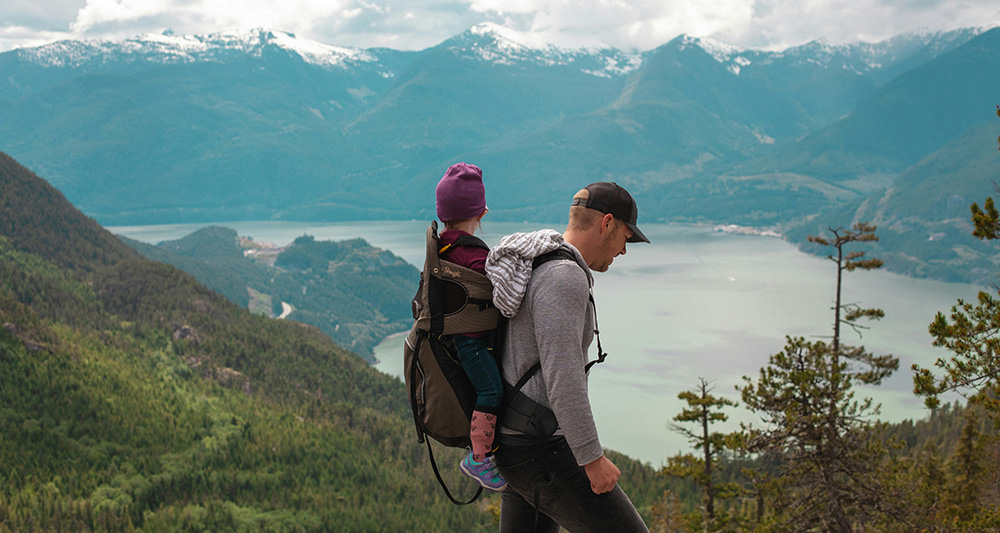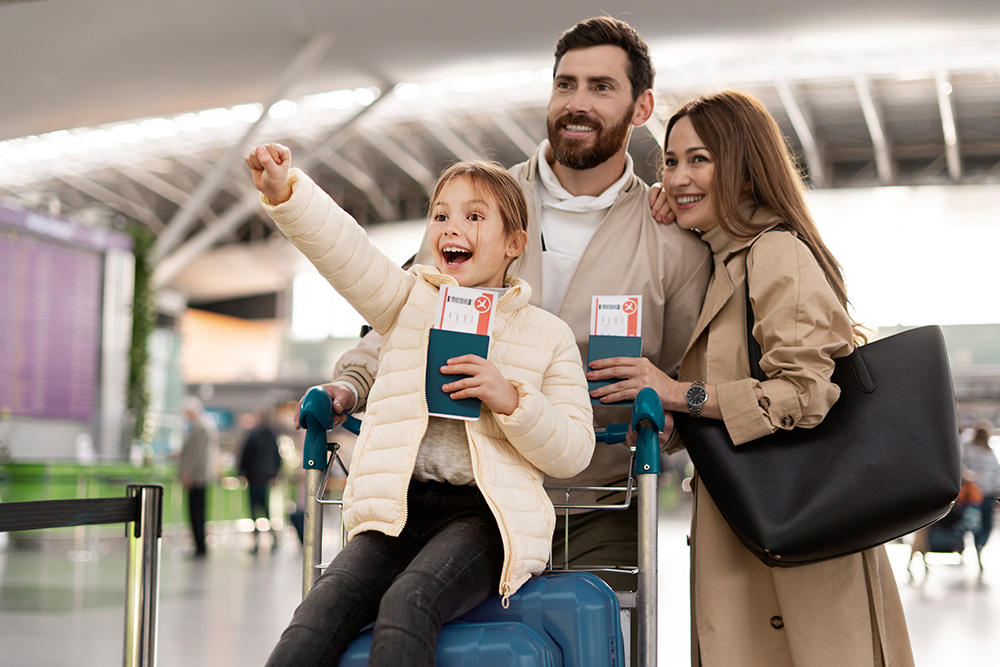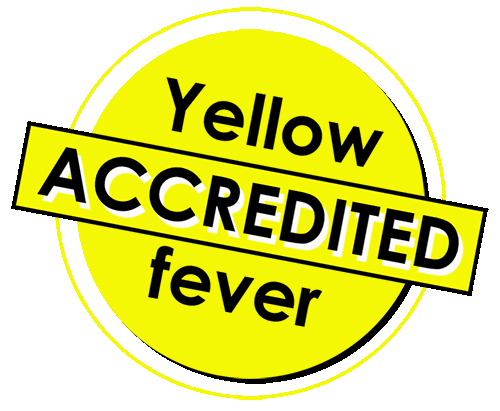travel doctor
Travel Medicine & Vaccinations
We recommend booking a travel doctor appointment at least 6–8 weeks before your trip.
As exciting as travelling outside of Perth can be, it’s important to remember that different countries have different health risks. A well-prepared traveller will take steps to stay healthy while abroad.
We are a Yellow Fever Accredited Clinic.
We offer personalised medical travel consultations where we review your travel plans, health history, and destination-specific risks.
Travel Doctor Appointments
If you’re planning a trip overseas, it’s important to book a travel health appointment with Doctor Nicole Cole before you go. At our clinic, Dr Cole offers personalised medical travel consultations where we’ll review your travel plans, health history, and destination-specific risks.
During your appointment, we’ll provide comprehensive advice on recommended and required vaccinations, malaria prevention, food and water safety, and tips to stay healthy while you’re away. We’ll also prescribe any medications you might need for your trip, including antimalarials, traveller’s diarrhoea treatments, and more.
Ideally, we recommend booking your travel medicine appointment at least 6–8 weeks before you leave, but it’s never too late to check in with us – even last-minute travellers can benefit from advice and protection.
When booking your travel medicine appointment with our travel doctor, please download the travel assessment form (below).
Fill it in and e-mail it to help [at] thewoodsmedical.com.au at least two days before your appointment.
Book an appointment our travel doctor today, and travel with confidence knowing you’re well prepared and protected.
Doctors offering this service:
Travelling with Children
Travelling with children can require special planning and care — especially when it comes to their health.
Whether you’re visiting family overseas, heading on a tropical adventure, or embarking on a long-awaited holiday, we’re here to make sure the whole family are safe, protected, and ready to explore.

Why is travel health important for children?
Children are more vulnerable to certain illnesses and infections while travelling, especially in destinations with different climates, food, and healthcare systems. They may also need specific vaccines, travel medicine, or precautions based on their age, medical history, and itinerary.
What we offer:
- Personalised travel health advice tailored to your child’s age, health status, and destination.
- Child-friendly vaccinations for travel-related illnesses like typhoid, hepatitis A, yellow fever, and Japanese encephalitis.
- Malaria prevention strategies and safe medication plans for young travellers.
- Guidance on food and water safety, sun protection, insect bite prevention, and staying well while abroad.
- Travel tips for managing common issues like jet lag, travel sickness, and minor illnesses on the road.
Plan ahead for peace of mind.

Malaria: What You Need to Know Before You Travel
What is Malaria?
Malaria is a serious and sometimes life-threatening disease caused by parasites spread through the bite of infected Anopheles mosquitoes. It occurs mostly in:
- Africa
- Asia
- Central & South America
- The Pacific Islands
How does Malaria spread?
Through the bite of a mosquito carrying the malaria parasite – usually between dusk and dawn.
Malaria symptoms
Malaria symptoms can appear 7 days to several weeks after a mosquito bite, and may include:
- Fever
- Chills and sweating
- Headache
- Muscle aches
- Nausea, vomiting, or diarrhoea
- Fatigue
If untreated, it can become life-threatening, so early diagnosis is important.
How to protect against malaria
- Use insect repellent with DEET or picaridin.
- Wear long-sleeved clothing and long pants, especially in the evening.
- Sleep under a treated mosquito net.
- Stay in accommodations with screens or air-conditioning.
- Depending on where you’re travelling, you may need to take antimalarial tablets.
- Start the tablets before travel, continue during your trip, and for a short period after returning.
- Your travel health provider will prescribe the right medication for your destination.
If you feel unwell with fever or flu-like symptoms within 12 months of travel, especially in the first 3 months:
- Seek medical attention immediately
- Tell your doctor about your recent travel
To book a travel doctor appointment, please call (08) 9245 1912
Traveller's Diarrhoea
What is Traveller’s Diarrhoea?
Traveller’s diarrhoea is a common illness affecting people travelling to many parts of the world, especially:
- Africa
- South and Southeast Asia
- Central and South America
- The Middle East
It’s usually caused by bacteria (like E. coli), viruses, or parasites in contaminated food or water.
Symptoms of Traveller’s Diarrhoea
Symptoms can begin suddenly and may include:
- Frequent, loose or watery stools
- Stomach cramps
- Nausea
- Vomiting
- Fever (sometimes)
- Occasionally blood in the stool (if severe)
Prevention Tips
Safe Eating & Drinking Habits:
- Drink bottled, sealed water or water that has been boiled or treated.
- Avoid ice cubes in drinks (they may be made from unsafe water).
- Eat food that is freshly cooked and served hot.
- Avoid raw or undercooked meat, seafood, and unpasteurised dairy.
- Be cautious with raw fruits and vegetables – eat those you can peel yourself.
Hand Hygiene:
- Wash hands regularly with soap and clean water.
- Use alcohol-based hand sanitiser when soap and water aren’t available.
Treatment
For mild cases:
- Drink plenty of fluids to prevent dehydration.
- Oral rehydration salts (ORS) are helpful, especially for children or elderly travellers.
For moderate to severe cases:
- Consider anti-diarrhoeal medications (like loperamide — only if no high fever or blood in stools).
- Antibiotics may be prescribed in some cases — consult a healthcare provider.
Seek medical help if:
- Symptoms are severe or persistent
- There’s blood in the stools
- You have a high fever
- Signs of dehydration (dry mouth, dizziness, little or no urine)


